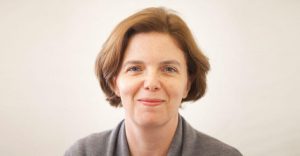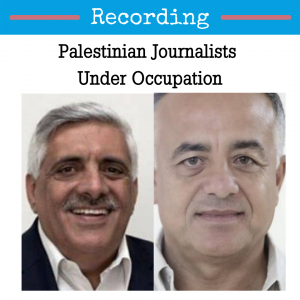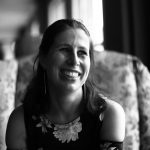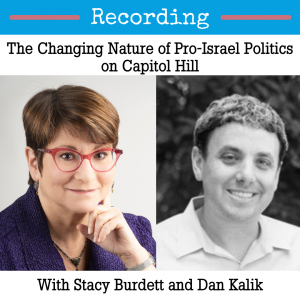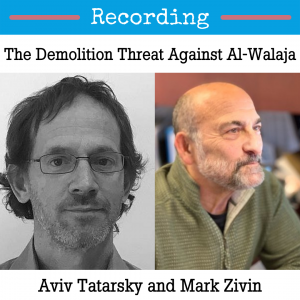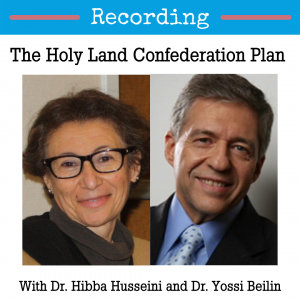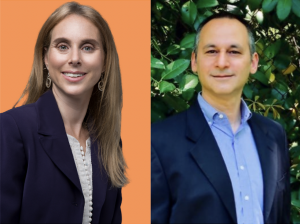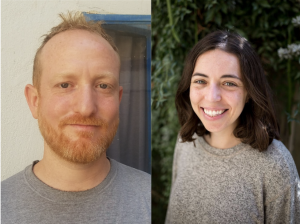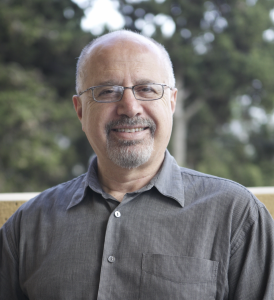
Israel’s outgoing “change government” featured a creative makeup and some new domestic policies, but little change with regard to Israel’s relations with the Palestinians.
What was the Bennett government’s policy on West Bank settlement construction? What can we expect from Yair Lapid, the incoming prime minister? What has the outgoing government done in addressing other aspects of the conflict? What role will this issue play in the upcoming elections campaign? What does yet another election campaign mean for Israel's anti-occupation movement?
To answer these and other questions, APN hosted a webinar Peace Now’s acting executive director, Dr. Dana Mills, on Wednesday, July 6th at 11:00 Eastern Time. Mills elaborated on Peace Now’s new report, which documents and analyzes the West Bank settlements policy of the outgoing government.
